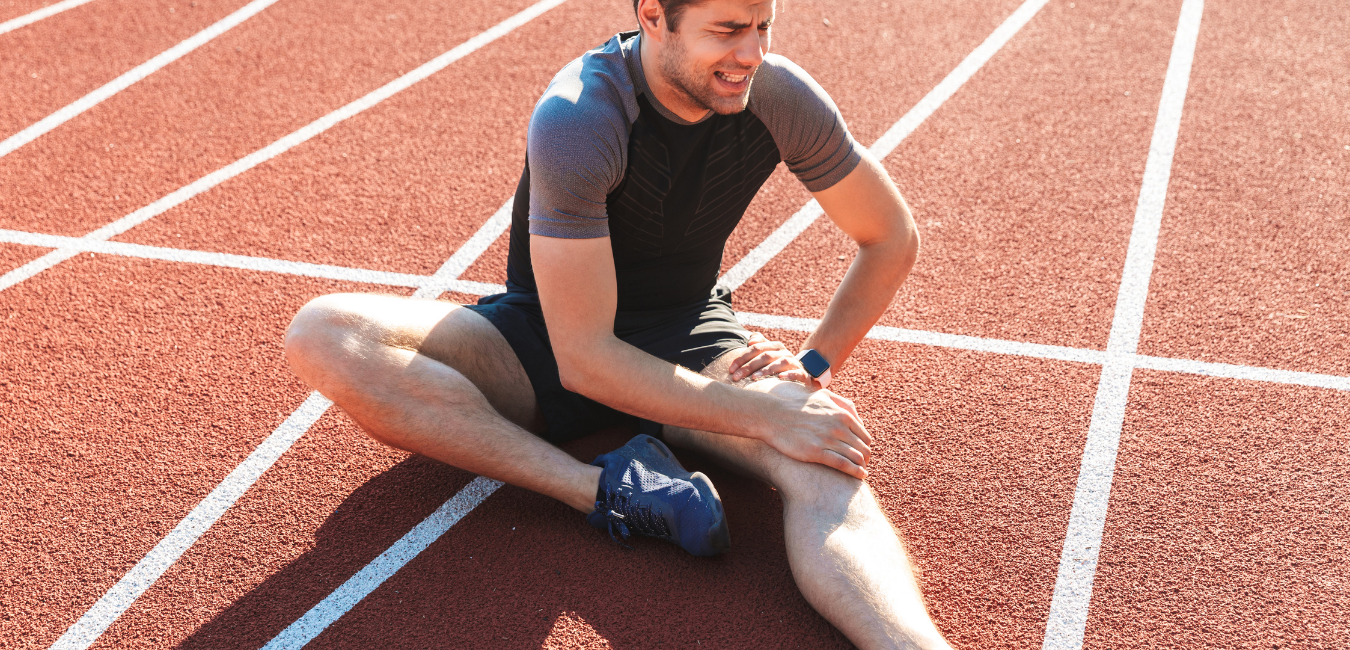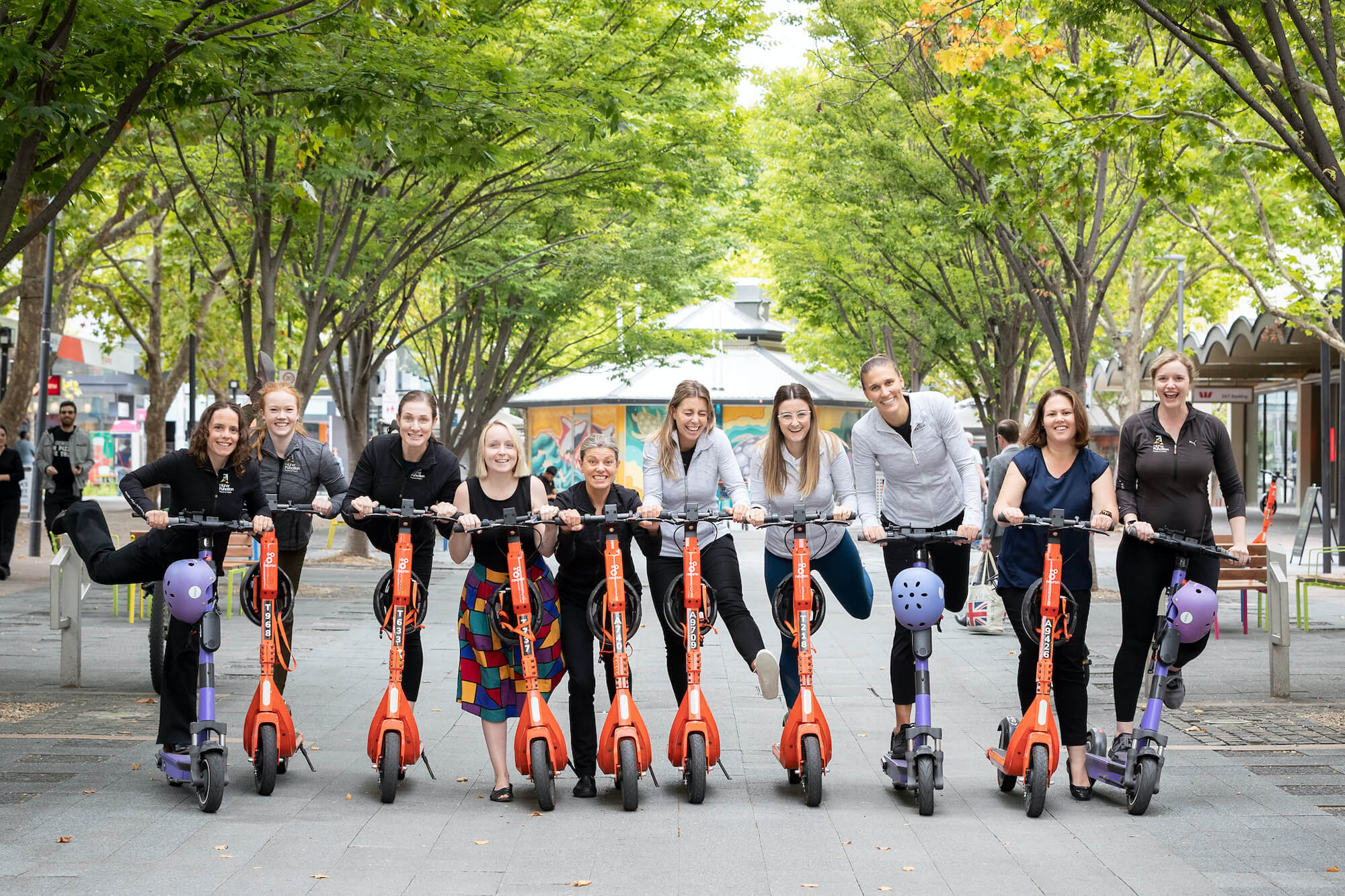By Alyce Shearing – Physiotherapist
I’m sure when most people hear “ACL injury”, they think of elite footballers who have to miss out on the season. Whilst this is a common elite athlete injury, we do often see ACL injury in amateur / hobby athletes. The process of rehabilitating and ACL injury can be long and requires effort. With appropriate treatment from a professional and self management by the patient, rehabilitation of an ACL injury can be successful.
What is an ACL?
Anterior cruciate ligament (ACL) is a ligament that sits in the middle of your knee. It is attached to your thigh bone (femur) and your shin bone (tibia) and assists with stabilising your knee. When damage occurs to your ACL (particularly a full rupture) your knee may become unstable, this is where you feel that your knee joint itself can slide and/or collapse underneath you (episode of instability).

Do I need surgery if I have an ACL injury?
This is a question that is not easily answered. Many factors will determine whether surgery is recommended or not, such as degree of damage to the ACL, the degree of damage to other structures in the knee, your age, your sport, your goals going forward, your lifestyle, how far along you are since your injury, and your remaining symptoms/complaints are just a few things we need to consider. An appointment with your physiotherapist is a great place to start in your rehabilitation journey – and rehabilitation should start as soon as possible.
What does rehabilitation involve?
Surgery or not, your rehabilitation will involve neuromuscular, strength, and balance training. The goal of rehabilitation is to not only restore the function of your knee but also to prevent further damage.
✅ Neuromuscular Training: Involves teaching your brain how to use your knee in a more efficient manner and controlling the movements of multiple joints at once. For example, when you jump you want to bend your knee without letting it turn inwards (knocked knee) so you need to be able to control your body, hip, and knee all at once without consciously thinking about it (eventually).
✅ Strength Training: After an ACL injury, you will notice some strength loss in your muscles around your knee. This can be an even bigger issue after surgery; you will need a strength programme that is progressed appropriately. The goal of your strength programme is to get your leg strength as close to even as possible.
✅ Balance Training: Balance fixes everything (almost)! It helps to prevent injuries, rehabilitate injuries, and to reduce your risk of re-injury. So, let’s all train our balance… always.
If you want more information on management of an ACL injury you can find plenty of articles online, including one by Filbay & Grindem, 2019. Although this area is still progressing, there is still a consensus that starting rehabilitation as early as possible with a qualified health professional such as a physiotherapist.


